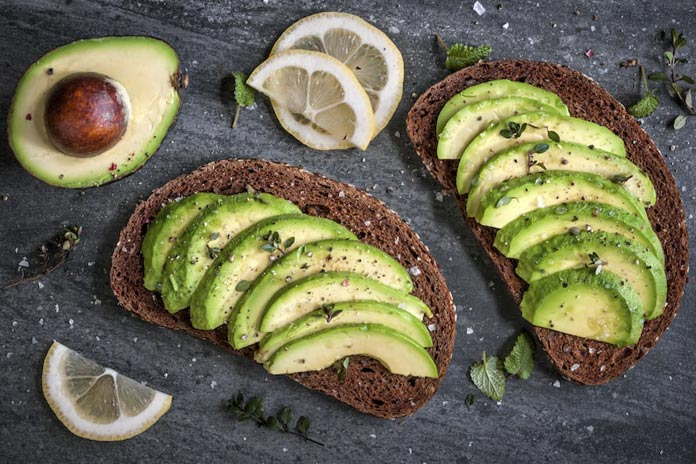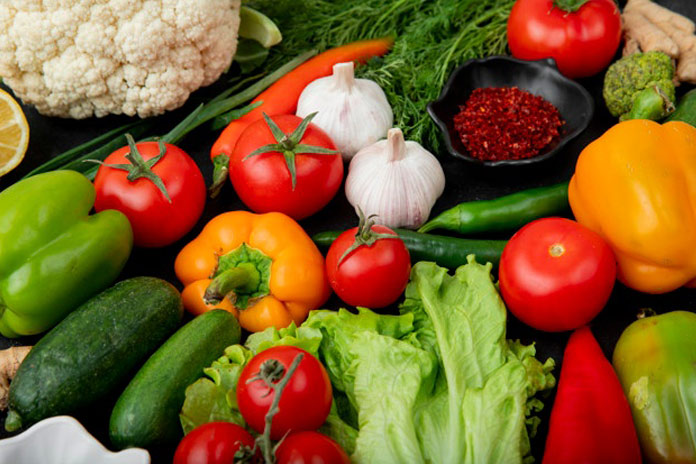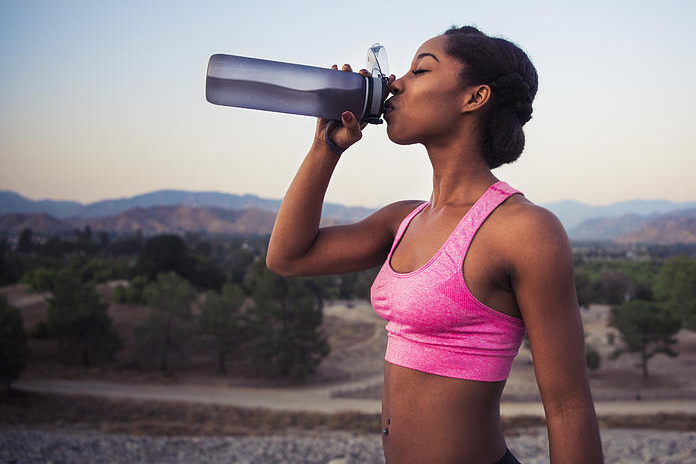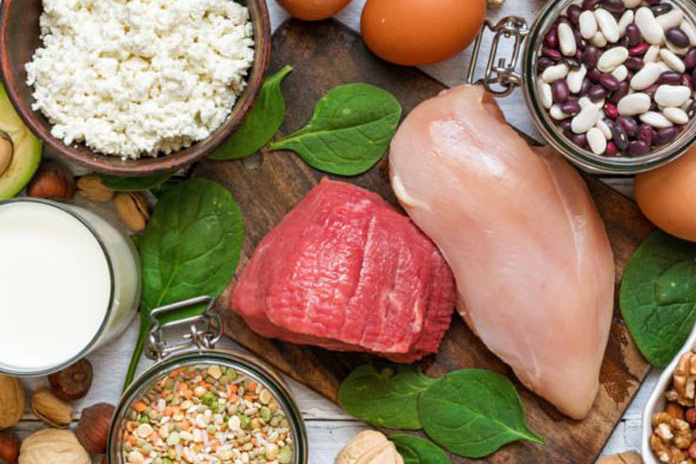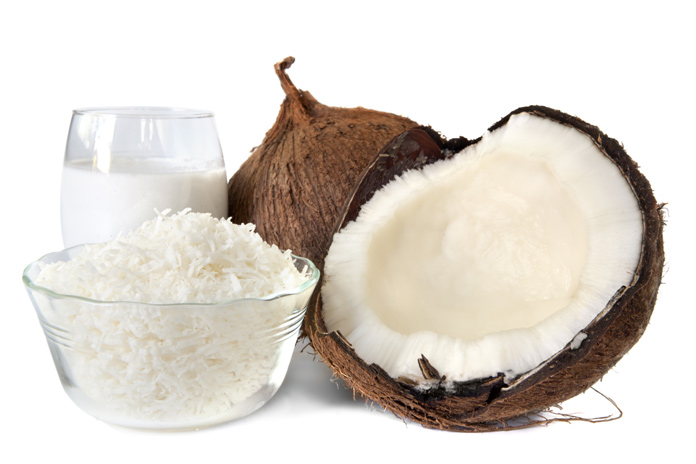There is something about the promise of longer days and warmer temperatures that encourages a sense of opportunity to enhance and optimise our training.
We can wave goodbye to our merino layers, high-vis armbands and head torches and embrace these few months where running with birdsong is much more appealing than hiding under the duvet.
While training may become easier, what about our performance nutrition? During the winter, many of us crave warming bowls of soup and bread, baked potatoes with melted cheese and mugs of hot chocolate.
While this may be deemed “comfort food”, they are all appropriate choices for recovery after a long run or track session, helping to refuel, repair and recover the body.
However, as the mercury rises, our bodies tend to prefer less “comfort” and more “fresh” options like fruit and salads. Of course these are very important to include in our diet, providing us with micro-nutrients and fibre.
Top Nutrition Tips for Runners to aid Recovery
That said, it is important to be aware that eating too many can displace our intake of other nutrients, necessary for optimal recovery from training. Thus while grilled chicken with roasted vegetables may be a summer barbeque favourite, it won’t cut it as fuelling prior to, or recovery after, a long hard run.
So how do we get the balance right that will help us to fuel our training, recover appropriately to allow for progression and performance?
Freshen up your porridge oats
Porridge is usually a staple in most runner’s diets; warming, full of complex carbohydrate to allow for sustained energy through the morning, combined with milk, topped with walnuts and honey, it makes an ideal breakfast before a long or high intensity morning run.
One way to reap the benefits of your winter warmer while staying cool, is to consider making overnight oats. I tend to soak my oats in milk and fruit compote the night before and then top them with natural Greek yoghurt and toasted seeds or nuts for a fresher, but still as nutrient-dense, alternative.
Grain it up
We have all heard the benefits of whole grains; their inclusion in the diet have been linked to lower rates of cardiovascular disease and they encourage a healthy gut micro-flora which has been linked to improved cognitive function and a lower risk of depression and anxiety.
As if that were not enough, they are hugely beneficial for runners, providing a great source of the carbohydrate that is required for those long and hard runs. Contrary to what you might read, study after study has proven that in order to improve high intensity performance in runners (that is when you are working at 8/10 or more), your body needs carbohydrate for fuel to maintain this pace.
Only when you can consistently train at this pace will you see the adaptation in your performance. So, while its ok to do low intensity (7/10 or less) or recovery runs in a fasted or carb-depleted state, for speed carbs must be included.
While a curry with wholegrain rice may feel like a sunken ship on the stomach in these warmer months, why not try making a couscous salad – bulk it out with salad ingredients and then top with feta, beetroot and a dollop of hummus for a real runner’s alfresco eating experience.
Sweet selection
One thing that we may be inclined to over consume in the hot weather is ice cream. While I’m partial to gelato, especially after a run in the mountains, it may not be the best habit to form for those of us watching our waistlines. And yes that also means the new influx of “high protein” ice creams on the market that give us a false sense of security that somehow they are actually good for us.
I’m a firm believer that you can have your cake and eat it, as long as its not to excess, so why not enjoy the occasional really good quality ice cream, made with cream, milk, and sugar as its base, rather than filling up on preservative-packed “lower sugar, higher protein, healthier” alternatives.
For those of us that need a sweet treat post dinner on a regular basis, why not try mixing frozen fruit such as banana, berries or mango with natural Greek yoghurt. It doesn’t taste too far off ice cream and the casein hit from the yoghurt enhances recovery overnight while you sleep.
Electrolyte up
One thing to really stay on top of during the heat is your electrolyte losses. Sweat and fluid losses will increase, and if these are not managed well they can really impact your performance.
Becoming dehydrated will increase your heart rate and cause an increased perceived rate of exertion; meaning that you will be working much harder to hit your paces, and you will use up your glycogen stores much quicker.
Taking on electrolytes will improve hydration as the salts draw fluid into the working muscles more efficiently than water alone.
Summer improves the mood of the nation. Summer helps us stay on plan with our training. It is a time when many of us will get out and race regularly, absorbing the lush green countryside or admiring the family of ducklings on the canal but it is also a time when when less thought might go into food preparation. Its important that while the seasons change, active, running bodies still need fuel and recovery.


